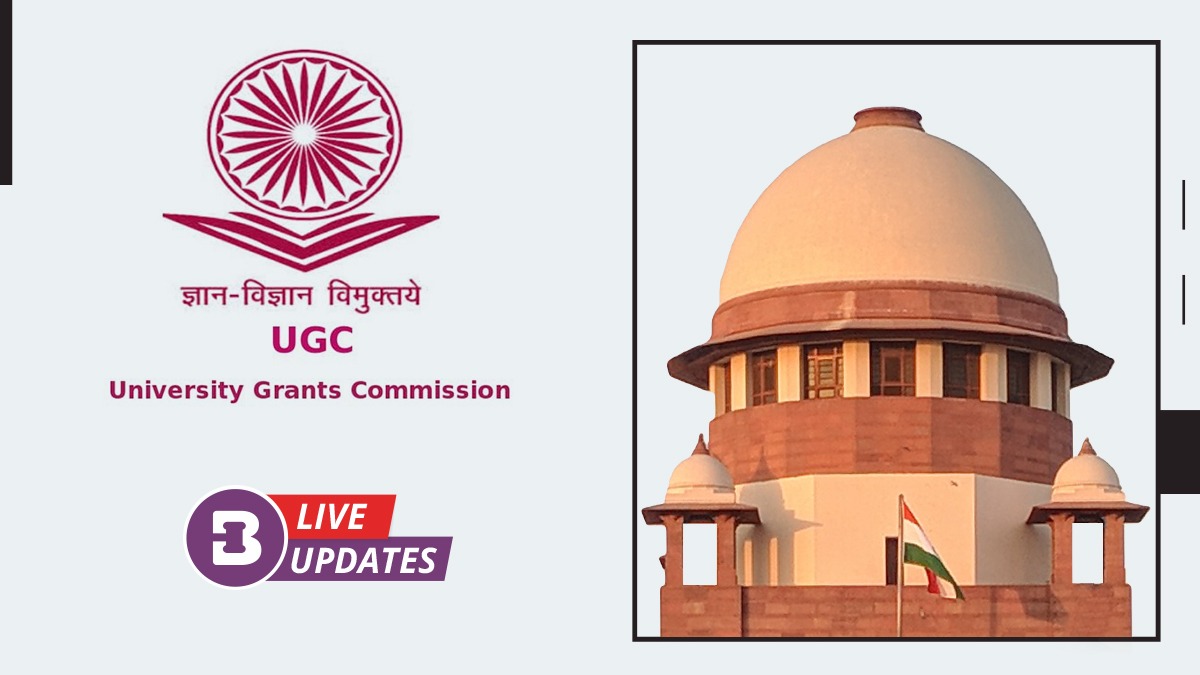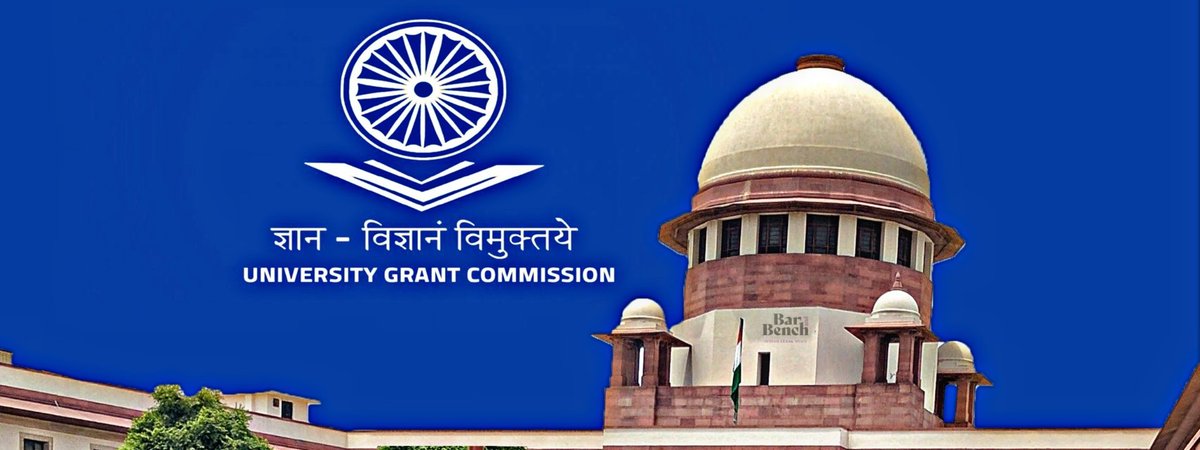Datar says that there is no empirical evidence to state that the Collegium system has appointed less able judges than would have been done by NJAC.
But the solution is to iron out the defects through small changes within the system. The system can be tweaked, he notes.
To do away with the system is to throw out the baby with the bathwater.
The difficulty comes in when the goal is not to get the best judges, but rather to control the system, rather than appoint the best judges, he says.
Executive power - almost untrammelled power- has grown in Indian democracy, Prof Mehta says.
1. National security interests
Prof Mehta observes that it is difficult for the parliament and the courts to interfere when the State acts citing national security interests.
It takes a brave judiciary to take a stand. And unfortunately, the judiciary has let us down, he adds.
It takes an extremely sophisticated parliament to check on the growth of the administrative state, Prof Mehta says.
Watch it LIVE here:
He adds that he is often surprised when lawyers and judges profess to know what it is.
- no integrity
- no predictability
- no sense of where stare decisis applies and where it does not
To illustrate where the Court has gone beyond its powers, Datar cites the BCCI case SC imposing Diesal cess.
"It has gone out of hand."
No other profession can take the lead on this than the legal profession, he says.
Arvind Datar notes that the Supreme Court has not been consistent in the exercise of its contempt jurisdiction.
The use of contempt jurisdiction in such cases is counterproductive, Datar opines.
He adds that ideally, the Court should introspect why it is being criticised.
Datar: Yes it does.
Very often, it depends on who is the portfolio judge for a particular matter. A lot depends on individual perception.
Lord Goldsmith: The correct legal answer is all of them in different capacities.
But that doesn't tell the whole story of what the political reality is.
The Courts will continue to hold the Government to account and aid the Parliament to hold the executive to account.
If they all work together, only then will we have a fair system, he adds.
By and large, if the executive sticks to implementing the law, parliament enacts laws properly, and judges stick to their adjudicatory functions - it would be wonderful
If the leaders reach the stage of statesmanship, there will be a true separation of powers, he opines
However, in a changing polity, there will be situations where one will do more. There could be concerns of overreach.
The answer to the question of who governs is, therefore, a question of who does not govern: Pachnanda







